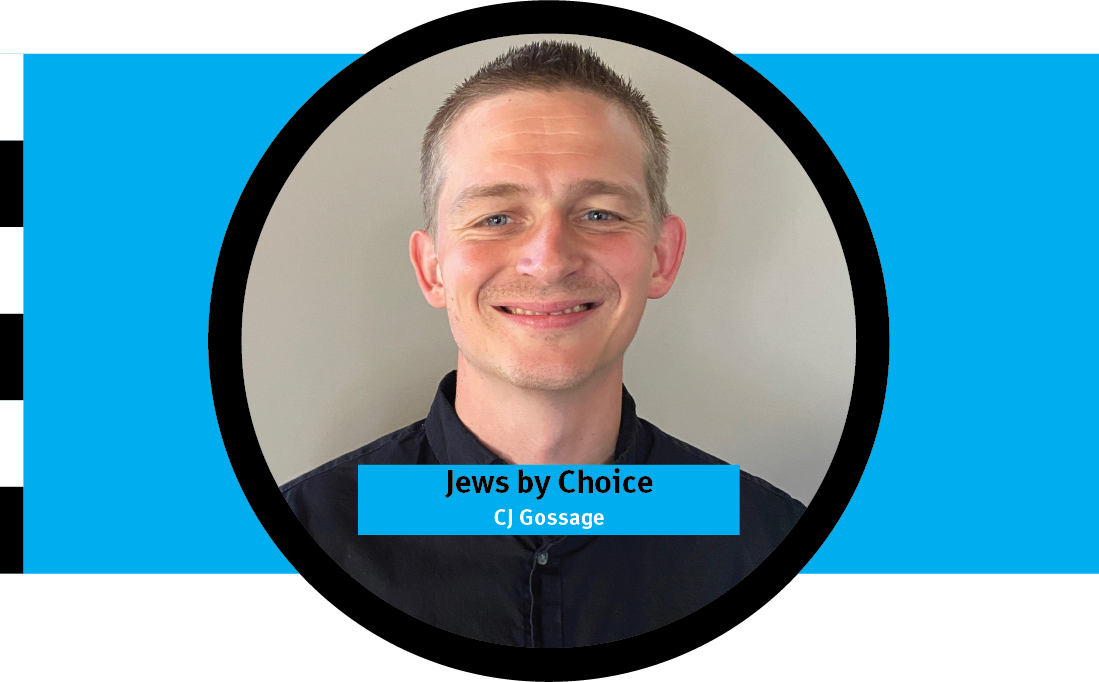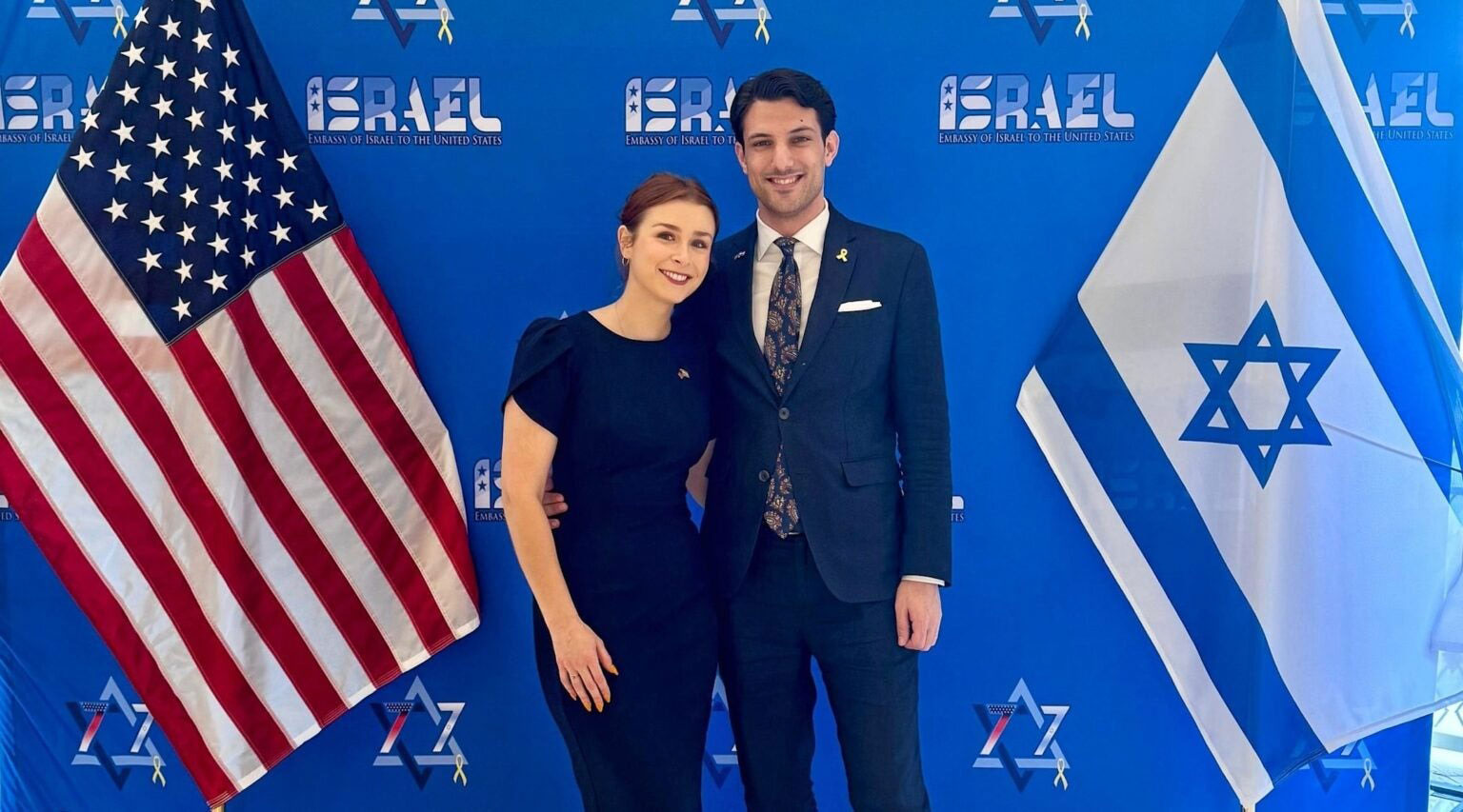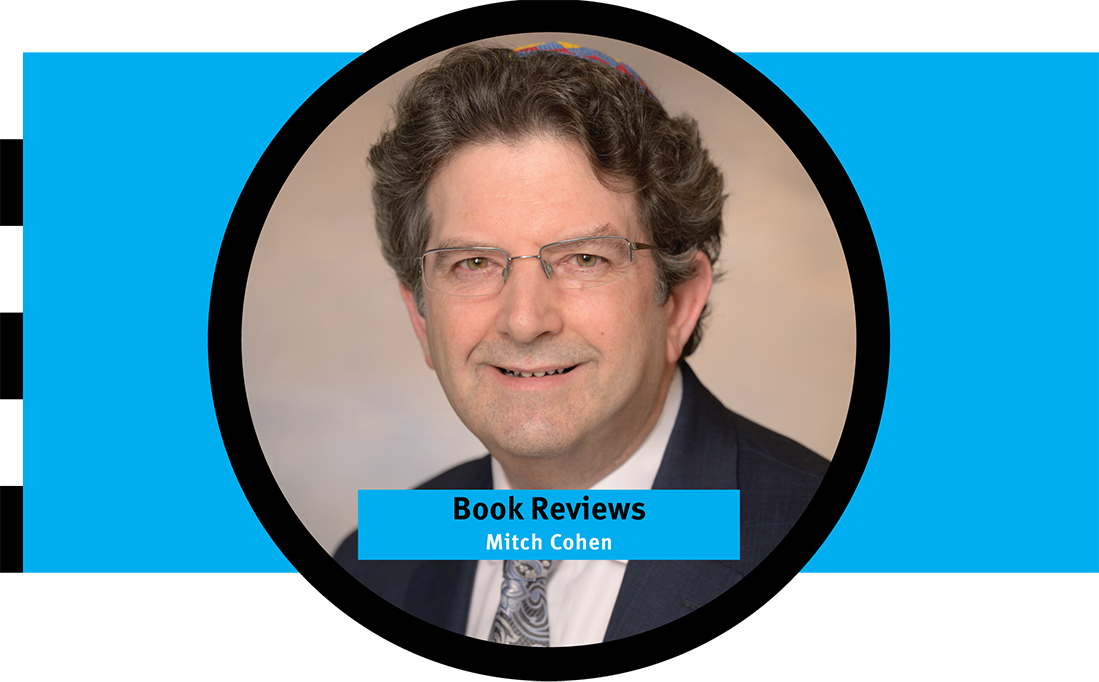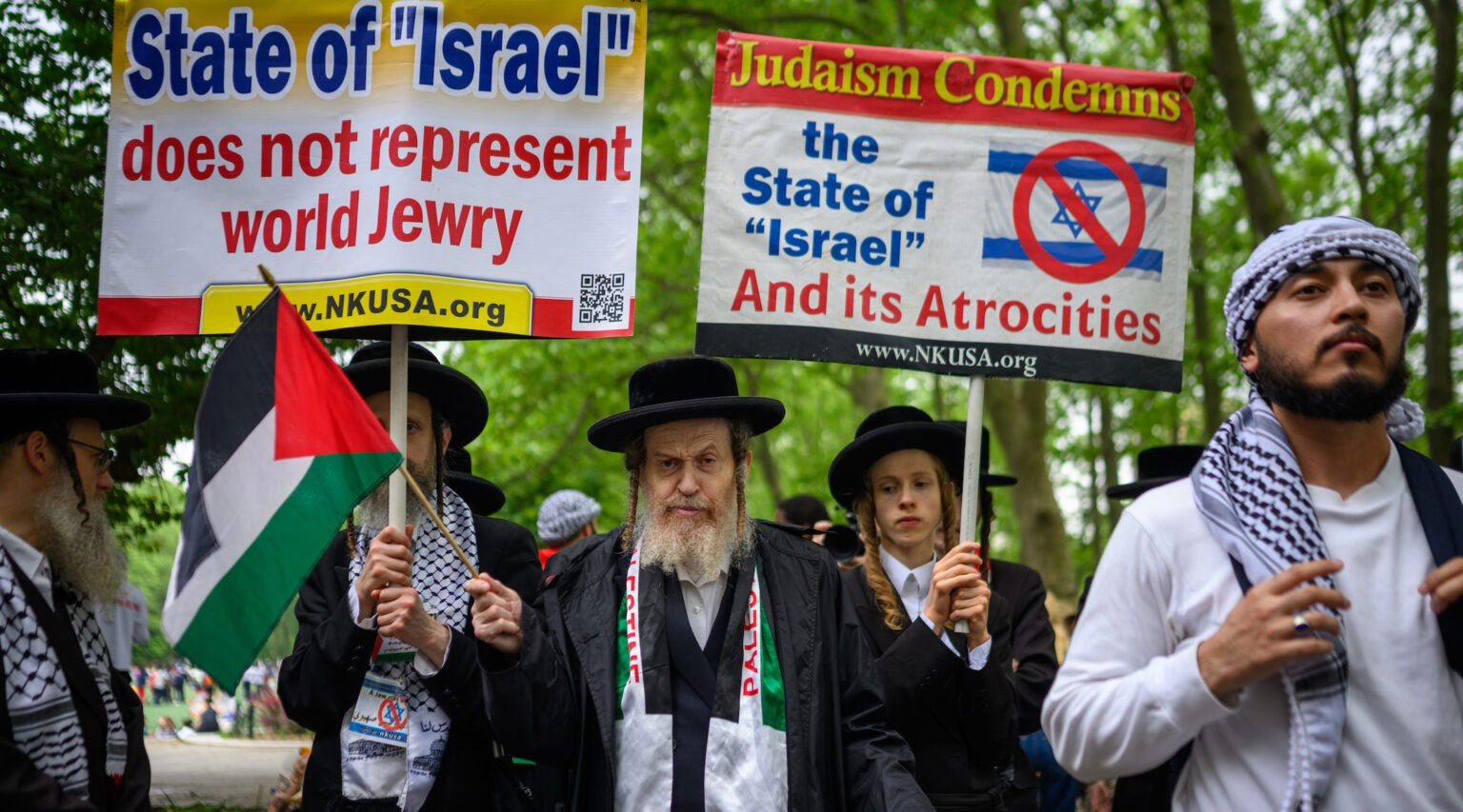
MK Brunson was raised in Montgomery, Alabama where her family enjoyed a “big and vibrant Catholic community.” She went to Catholic school, regularly attended Mass, and most of her friends were Catholic. “I did not enjoy a lot of external cultural influence until middle school.” Around that time, MK’s grandmother began dating a Jewish man who would invite MK’s family over for the holidays. Even though the man was not particularly devout, “he was very proud of his heritage,” so MK felt comfortable asking him questions about Judaism. Looking back, she remembers thinking, “Judaism seems great, but I will probably always remain Catholic.” However, soon after, realizing her sexuality did not conform to societal norms, MK began pulling away from the Catholic church. She stopped attending church for some time beginning at 16.
In college she started attending Mass again because “I was looking for a religious rock,” but this did not last long. Yet, Birmingham had a “very vibrant Jewish community” with a Reform and Conservative Shul a mere five minutes away from MK’s dorm. Perceiving “Jewish folks to be more liberal than Christians,” she wondered if they would accept her sexuality. Working up the courage, MK attended a Saturday morning service at Temple Emanu-El. With no rabbi and only a cantor, MK was “struck by the service’s beauty.” Delighted at the sight of women leading services, she decided to attend the following week. MK recalls how at 19 or 20 she was the youngest attendee — “most were 40 or older.” Quickly she was introduced to a few LGBTQ+ members, one being a convert. This group was warm, welcoming, and “excited to talk to me.” MK became a regular attendee. “It just felt right.” That year MK would attend weekly, throughout the summer, and she even attended various high holiday services.
Soon, this congregation had hired a full-time rabbi, Adam Wright, just as MK began considering conversion. Being in his 30s, Rabbi Wright brought a youthful zeal to the congregation. MK felt as if “the stars had aligned” knowing that this full-time Rabbi could oversee her conversion. So “on Yom Kippur morning, I decided Judaism is what I wanted for my life.” However, she did not start conversion class until the new year, in January. Set on converting, MK met Rocki, and the two quickly became friends. Rocki was applying to the rabbinical program at HUC and the two of them “began about my upcoming conversion class.” MK began her conversion classes with Rabbi Wright in January 2020. “We were reading, learning, and talking together regularly.” However, thanks to the COVID-19 pandemic, MK returned home for six months to live with her parents. During this time, she continued to do Friday-night services (via Zoom), light Shabbat candles at home, and meet with Rabbi Wright (via Zoom). Despite the adversity, MK was dedicated to the process.
She was approved for her Beit Din in August, so she drove to Birmingham for the interview. She was nervous but “they seemed delighted with my answers.” After, MK had her Mikveh in the local river with Rabbi Wright and Temple Emanu-El’s cantor Robby Wittner. The next night, she attended Friday night service at Temple Emanu-El with only Rabbi Wright and Cantor Wittner in attendance. Finally holding “the Torah in my arms I tried not to cry!” MK’s family responded to her conversion well. Her mother always had a similar admiration for Judaism and Jewish culture as did MK thinks her parents were simply “relieved that I was religious.”
The first few years of her Jewish life were difficult. Due to COVID, MK decided to transfer to Auburn University in her hometown. There was a Hillel and a lay-led Shul, but the Jewish community was not as vibrant as she experienced at Temple Emanu-El. Luckily, MK’s “friends encouraged me in my Judaism” and even celebrated the high holidays with her. By this time, MK and Rocki were dating, so Rocki would also come visit for high holidays.
After graduating from college in 2022, MK packed up her life and moved to Cincinnati to be with Rocki. Immediately MK was elated with Cincinnati’s active Jewish community. Soon she began working at the American Jewish Archives after meeting Dr. Gary Zola. She had told Dr. Zola about her thesis on Jewish civil rights figures, and soon she had found a job as an Archival Assistant at the Archives. So, naturally, her Judaism factors heavily into her work. “I have enjoyed working in a space where I belong to the majority culture.” Additionally, MK is grateful she can learn so much about American Jewry while at work.
Currently, MK keeps Shabbat “with a Reform approach.” She does not work, but “I drive to Shul because Valley is quite far.” Though she watches movies and uses the lights, “I set this time aside intentionally.” Keeping Kosher has become easier over time considering she is now vegetarian. Finally, she keeps all the holidays. MK enjoys tagging along as Rocki attends to various rabbinical responsibilities during the holidays. “The holidays are very important!”
MK advises those considering conversion to “stay in tune with yourself” and “ask questions constantly.” One must ask “Why is Judaism important to me?” For MK, Judaism made her a “much happier, confident, hopeful person than I had ever been.” She has finally found her “community” and “a connection to God and holiness that I never had experienced.”
Finishing the interview, MK observes how the Jewish community “welcomes and is excited about converts.” Many were “eager to help me in my journey to becoming Jewish.” MK is very grateful for those Jews — by birth and by choice — who have welcomed her to the family.





